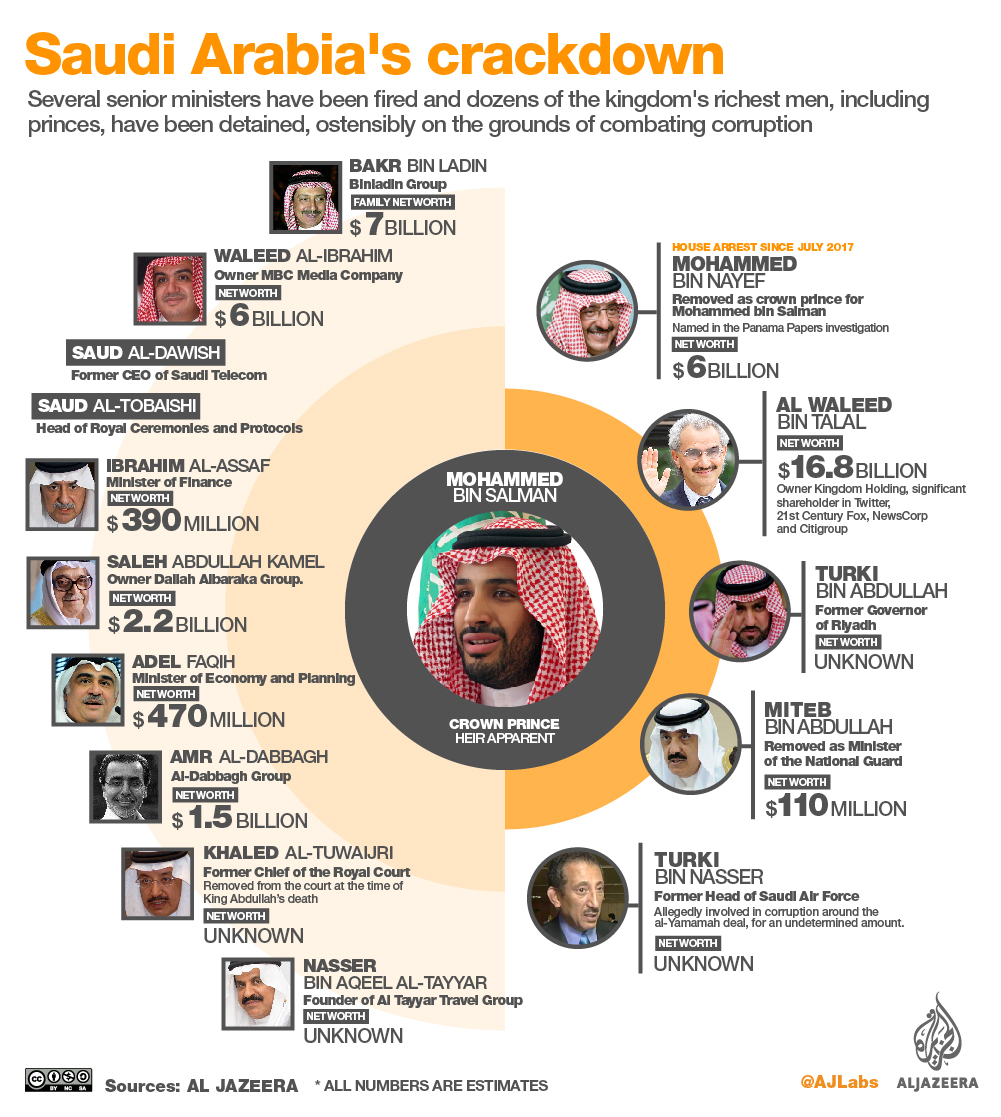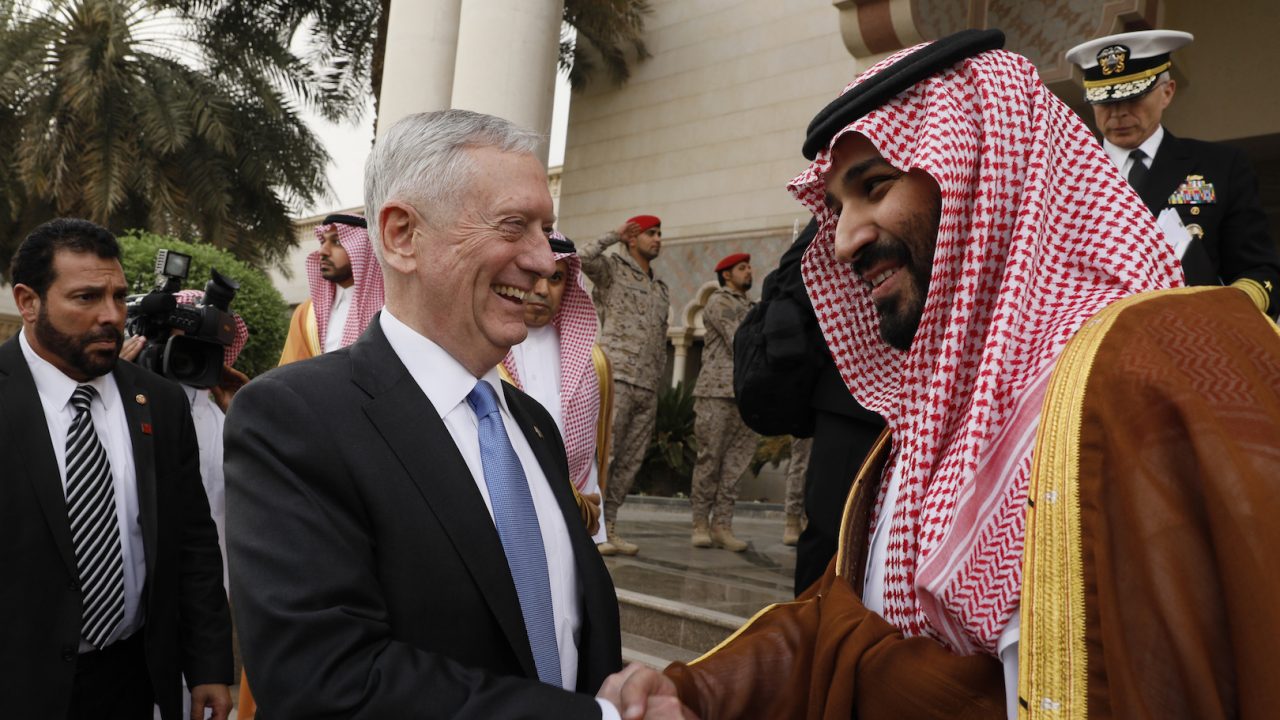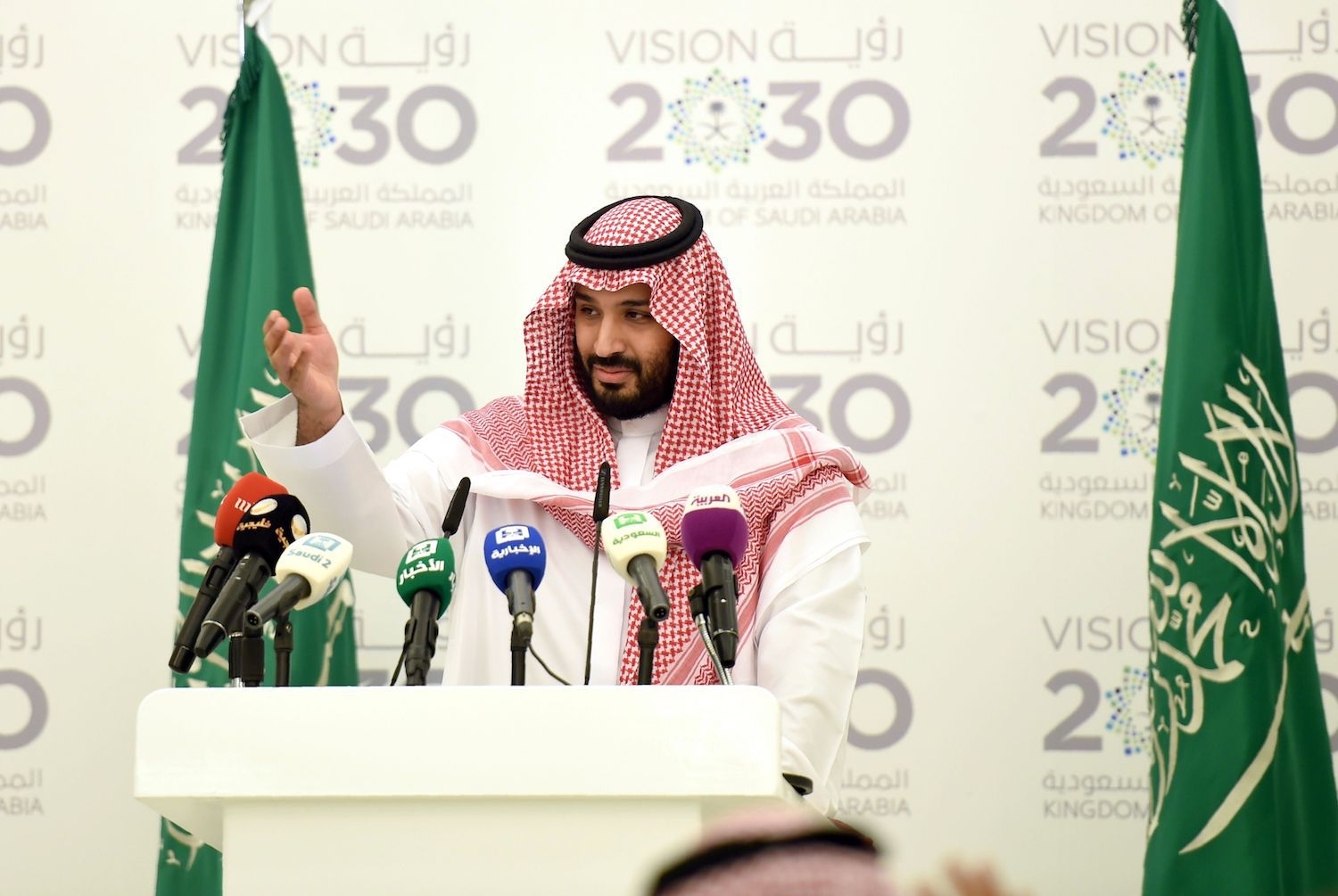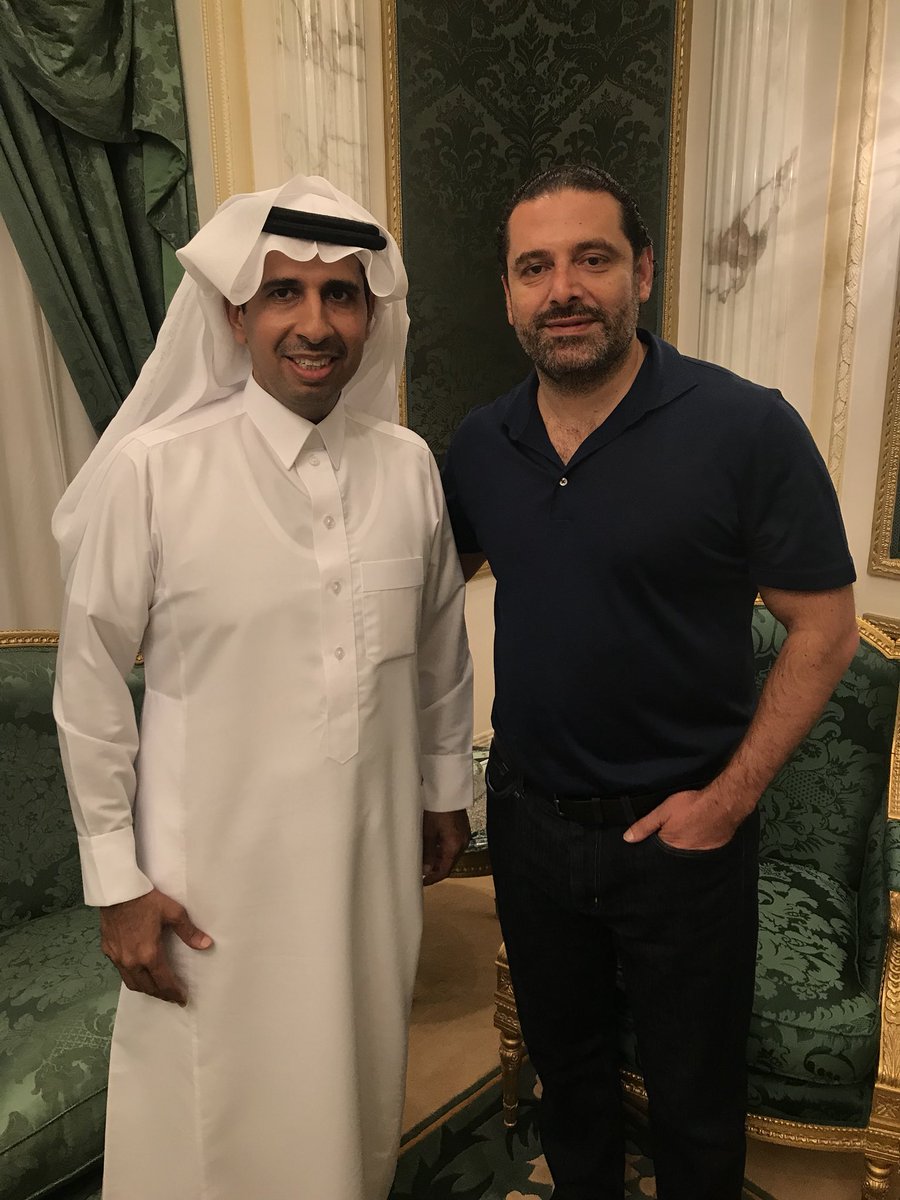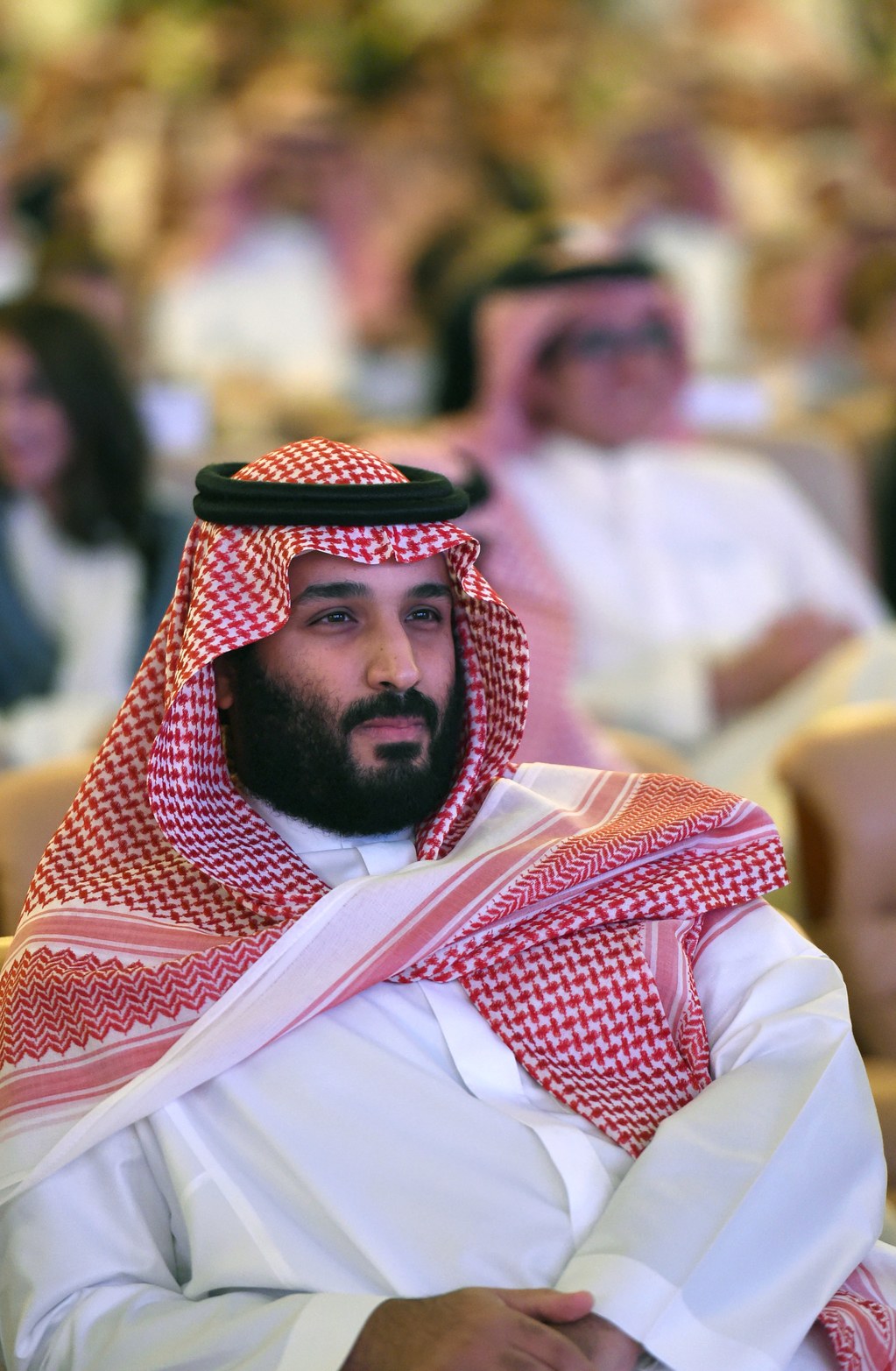Strange and almost unbelievable news are coming from Saudi Arabia. The crown prince, such Mohammed bin Salman, announced that he wants to bring reforms to the Kingdom of Saudi Arabia by reducing Shari’a’s influence on the nation’s legislation and making it similar to a modern and westernized nation. Shortly after he begins a crusade against financiers and members of the Saudi aristocracy, accusing all of them of corruption. Dozens are placed at house arrest or jailed. Israel shows every interest in starting an alliance with the Saudi Arabia of Prince bin Salman, to begin War against Iran. The reigning king Salman bin Abdulaziz Al Saud is considering passing the crown to the rampant Prince, his son.
What the hell is actually going on in Saudi Arabia?
What’s the 30-second version of what started all this?
Most observers agree that the impetus for the unrest has been a series of dramatic moves made by crown prince Mohammed bin Salman, who is attempting to consolidate power in anticipation of assuming the Saudi throne. Salman is young (32) and ambitious, and has been threatening for months to clean out “corruption” in the Saudi government and reduce Iran’s influence in the Middle East. He also has promised to reduce Saudi Arabia’s economic dependence on oil.
The first domino to fall was the surprise Saturday announcement that Lebanese Prime Minister Saad al-Hariri was stepping down from his post. Since then, the country has been in near-total chaos.
Wait, what does the Lebanese Prime Minister’s resignation have to do with Saudi Arabia?
Hariri, whose family has extensive business ties in Saudi Arabia, has long been a close ally of Saudi Arabia, and the most influential Sunni politician in Lebanon. He has been presiding over a unity government in Lebanon that includes Hezbollah, the militant Iranian-backed Shi’ite group. Saudi Arabia and Iran have been engaged in a lengthy war-by-proxy for control of Lebanon, and Hariri has long been (probably fairly) accused of being Saudi Arabia’s agent in the Lebanese government.
At the risk of overstating the obvious, Saudi Arabia is a Sunni-dominated country, and Iran is a Shia-dominated country. Sunni Muslims vastly outnumber Shia Muslims worldwide, and Iran is widely seen as the boogeyman by much of the Sunni world. As much as Iran’s nuclear ambitions may threaten the United States and/or Israel, for Iranian purposes the main benefit to becoming a nuclear power is to level the playing field with the Sunni Muslim world.
Hariri’s resignation cemented the appearance that he was a puppet of the Saudi government when he made his dramatic announcement from Riyadh. He dramatically claimed in his resignation announcement that he was the target of numerous assassination plots and that Iran’s influence in Lebanon was about to be cut off.
Lebanese media have alleged that Hariri is currently under house arrest in Riyadh; however, Hariri and his aides have denied that claim. President Michael Aoun, the Hezbollah representative in the Lebanese unity government, has declared that he will not accept Hariri’s resignation until he returns to Lebanon and delivers it there. Needless to say, Lebanon’s political situation is not exactly stable as a result.
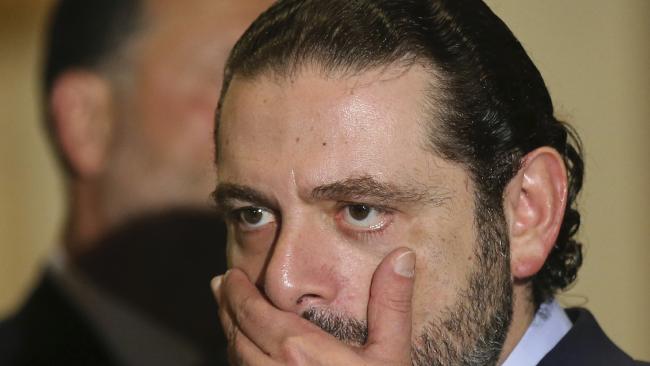
Hariri sought to dispel the notion that he was acting under duress by posting a picture on Twitter of himself meeting with the new Saudi ambassador to Lebanon on Sunday.
OK, what happened next?
Late Saturday evening, Saudi Arabia announced that they had intercepted and destroyed an inbound cruise missile that was headed for Riyadh. A group of Yemeni rebels known as the Houthis, who have been fighting against Saudi influence in Yemen for years, promptly claimed responsibility for launching the missile. The missile was shot down over an uninhabited area north of Riyadh by the Saudi military, which performed an analysis of the fragments and purportedly discovered proof that the missile had been made in Iran and smuggled by the Iranians into Yemen with the knowledge that the Houthi would use it against Saudi Arabia.
The Saudi Press Agency announced on Monday that the Saudi government considered this to be an “act of war” by Iran and threatened retaliation.
For good measure, the Saudi government also announced on Monday that Lebanon had declared war on Saudi Arabia due to “acts of aggression” by Hezbollah.
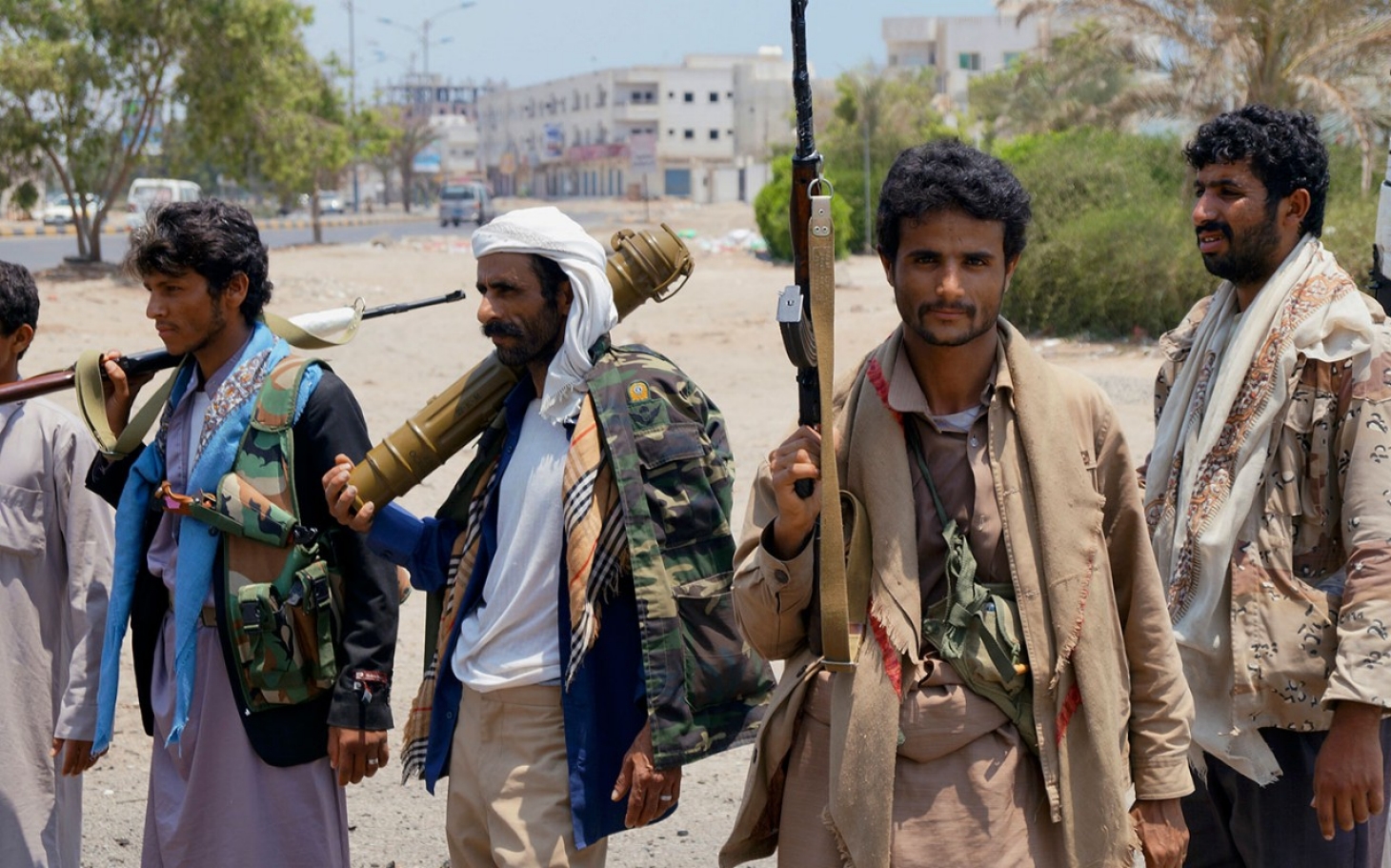
What does all of this have to do with Mohammed bin Salman?
In addition to being the crown prince, Mohammed bin Salman is also the Saudi defense minister, and the hard-line anti-Iran stance is largely seen by Middle East observers as his brain child. Salman has been harshly critical of Iranian influence in the region, and his allies in the Saudi government have been steadily escalating anti-Iranian rhetoric in recent months.
What’s this about a bunch of Saudis being holed up in the Ritz Carlton?
In one of the more bizarre developments in this story, the Riyadh Ritz Carlton appears to have been turned into a five-star jail of sorts for the Mohammed bin Salman’s political rivals (or, depending on your view of his motivations, of corrupt government officials). Saudi officials this week have rounded up dozens of allegedly corrupt government officials and have sequestered them in the 492-room Riyadh Ritz Carlton, which the government has apparently commandeered for the purpose of turning into the world’s most posh prison.

The people who have been arrested are very senior in the Saudi government, and many of them are some of the richest men in the world. As a former U.S. official described it to the New Yorker, “It’s the equivalent of waking up to find Warren Buffett and the heads of ABC, CBS and NBC have been arrested… It has all the appearances of a coup d’état. Saudi Arabia is rapidly becoming another country. The kingdom has never been this unstable.” It is difficult to overstate the shockwaves the purges have sent throughout the country and the entire Middle East.
Ritz Carlton officials have announced that the hotel will accept no new reservations until Dec. 1. All the paying guests of the hotel were apparently unceremoniously kicked out on Saturday night when Saudi officials told them to assemble in the lobby with their luggage, whereupon they were transported to other Riyadh hotels. It appears that not all of the government officials swept up in the “anti-corruption purge” are being housed in the Ritz Carlton, but the most prominent Saudi citizens caught up in the net are being held there without access to the outside world. According to the Guardian, a Saudi official explained that it was not considered safe to put many of the people involved into a prison, and using the Ritz Carlton was the “most dignified solution” available.
At least two Saudi princes have been killed during the crackdown: one in a helicopter crash, and one in a firefight as authorities attempted to arrest him.
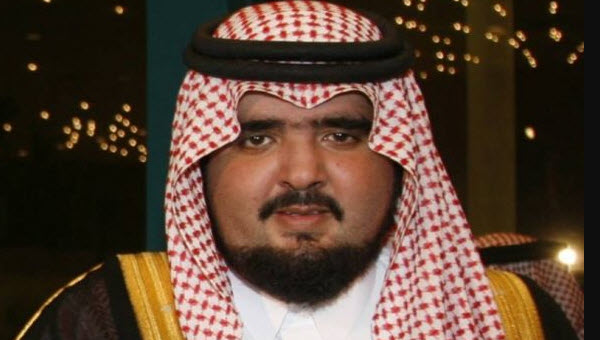
What does it all mean? Is there hope for real reform in the Middle East?
The cynical view of Mohammed bin Salman’s actions is that he is merely consolidating his political power, removing rivals to the throne, and using the Iranian boogeyman to give himself popular political cover at home. However, even many skeptical foreign policy observers have expressed optimism that Mohammed bin Salman’s reform movement may be for real, and that if he succeeds, he might become known as the reformer who dragged the entire Middle East into the modern civilized political world. It’s too early yet to tell where Mohammed bin Salman’s true intentions lie.
Will there be an actual war between Saudi Arabia and Iran?
The more immediate and pressing question is whether Mohammed bin Salman’s actions will provoke an actual shooting war with Iran, either directly or by proxy. Most observers agree that direct military conflict between the two countries is still as yet unlikely — saber rattling being a time-honored tradition in the Middle East — but the chances are probably higher than they have been in recent memory. It does seem likely that the long running hostilities-by-proxy feud between Saudi Arabia and Iran will immediately escalate, and there’s no telling where or if they will end. As with Mohammed bin Salman’s dedication to real reform, it is still too early to tell.
What does the Trump administration say about all of this?
Trump has been largely supportive of Mohammed bin Salman and his efforts. Trump tweeted his support of the anti-corruption arrests on Monday morning.
I have great confidence in King Salman and the Crown Prince of Saudi Arabia, they know exactly what they are doing….
— Donald J. Trump (@realDonaldTrump) November 6, 2017
Source: The Blaze
